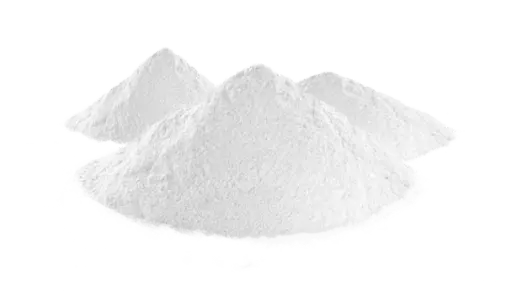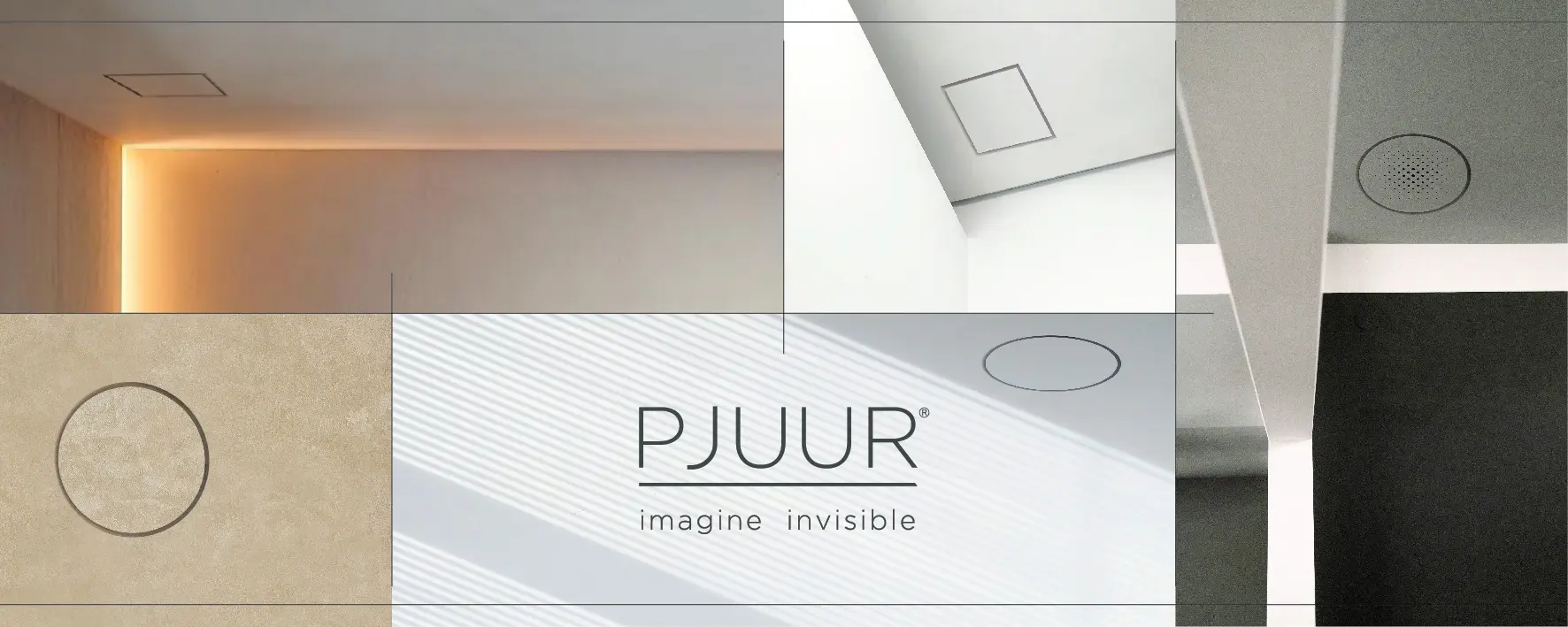Material
No plastics...
No cracking ...
Just pure strength and perfect adhesion.
100% neutral and self-regulating
100% Cradle to Cradle
100% guarantueed and sustainable design!

In the technical development of the product range, all aspects were considered in order to provide a "step-by-step and easy-to-install solution". For 2 years, PJUUR® developed its own material composition consisting mainly of natural gypsum (CaSO4-2H2O / calcium sulfate dihydrate) and other all-natural additives. After various labo tests, this has resulted in a unique, high quality and very strong material composite.
For PJUUR®, during the development of the material, the mass density ( ρ or g/cm³) and thermal expansion ( γ or 10-3m3/m3 K-1 = volumetric coefficient of expansion) were a sine qua non condition: The tolerances of ρ and γ must deviate no more than 0.5% from those of calcium sulfate dihydrate (= plaster or plasterboard).
As a result, our material composite results in frames with exactly the same density and exactly the same thermal behavior as plasterboard and/or stucco. Consequently, a perfectly finished and smooth result can be guaranteed over the long term. The material is silky smooth, very strong, heat resistant, fireproof, has similar drying characteristics and adhesion as natural gypsum, allowing it to be processed one-to-one in standard drywall systems and plaster.
No metal or aluminum frames, as these materials have an exponentially greater coefficient of expansion compared to plaster. These require a 2K and fiberglass finish to "limit" cracks and tears. Consequently, they cannot be finished using standard plastering processes.
Frames manufactured from plastics e.g.: PA (hydroscopic and lubrication-plastic) or Polyurethane (unrecyclable and high shrinkage), whether or not filled with Aluminum(tri)hydroxide), exhibit a different thermal behavior compared to plaster. These will swell (absorption of moisture into the structure) or shrink (wash-out of additives or chemical degradation under the influence of moisture, temperature and/or radiation) in a relatively short period of time. As a result, a tight finish can never be guaranteed and cracks and cracking are inevitable.
